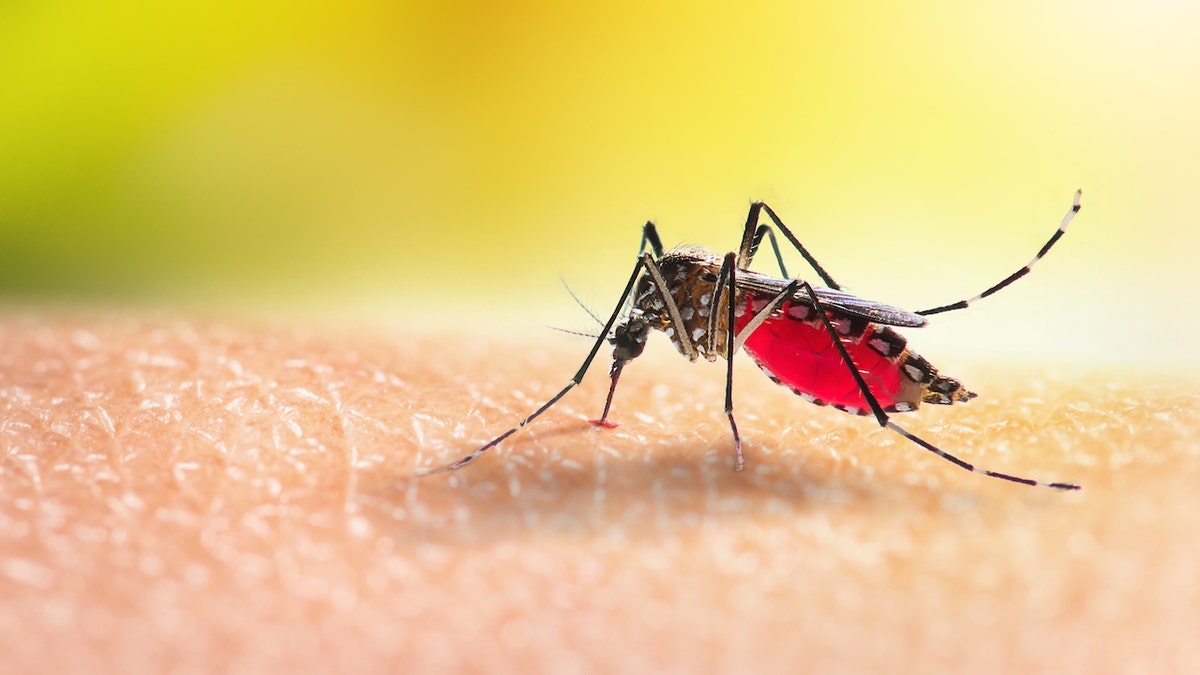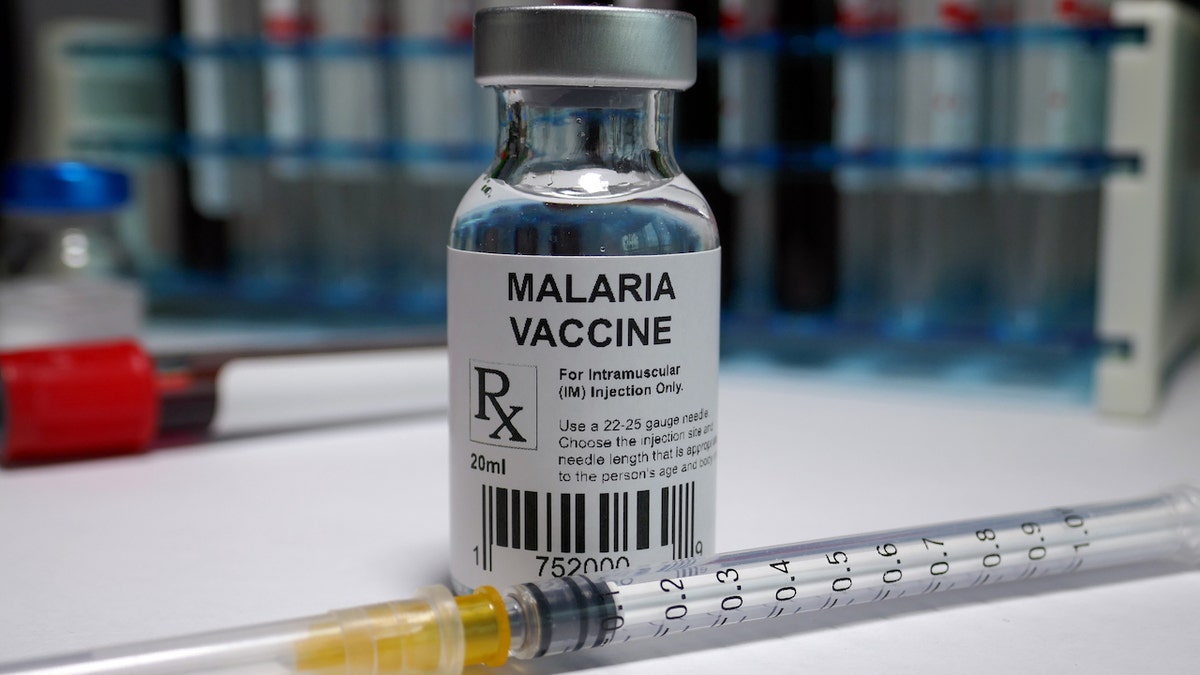The Centers for Disease Control and Prevention (CDC) issued an alert regarding several locally acquired malaria cases confirmed in Texas and Florida over the past two months. Increased international travel during the summer months raises concerns about a potential rise in cases.
The CDC emphasized the importance of having a plan for rapid access to intravenous artesunate, the sole treatment for severe malaria in the United States, to address potential adverse effects.
Malaria, typically transmitted through infected female mosquitoes, can also be transmitted from mother to fetus, blood transfusions, organ transplants, or contaminated needles, though these instances are rare. Florida has identified four cases within the same region, while Texas has reported one case. These mark the first locally acquired diagnoses since 2003.

The CDC clarified that there's no evidence linking the cases in Florida and Texas, and confirmed that all affected individuals are receiving treatment and improving. The cases involve the Plasmodium vivax (P. vivax) parasite, known for causing a milder form of the disease and being the most treatable.

Medical experts note that while the presence of anopheles mosquitoes, especially in the affected regions, raises some concern, the likelihood of sustained spread remains low. The greater worry stems from travelers introducing malaria into the country. The U.S. sees about 2,000 malaria cases annually, mostly among international travelers and immigrants returning from regions where the disease is prevalent.
Symptoms and Treatment
Malaria symptoms often resemble the flu, including fever, chills, fatigue, headache, muscle aches, nausea, vomiting, and diarrhea, typically appearing 10 days to four weeks post-infection. Untreated severe malaria can lead to seizures, disorientation, kidney failure, acute respiratory distress syndrome (ARDS), or coma. The CDC stresses that malaria is a medical emergency requiring immediate evaluation and treatment within 24 hours of presentation at a facility equipped for rapid diagnosis and treatment.

Non-severe malaria can be treated with medications like Artemether-lumefantrine (Coartem®) and Atovaquone-proguanil (Malarone®). Chloroquine is an effective preventative measure against P. vivax, and promising vaccines are currently undergoing clinical trials. Intravenous artesunate remains the only treatment for severe malaria in the U.S.
Prevention Tips
The CDC advises researching disease risks at travel destinations and consulting a healthcare professional about preventative medications before traveling to high-risk malaria zones. Seeking immediate medical attention upon experiencing symptoms is crucial.
Comments(0)
Top Comments